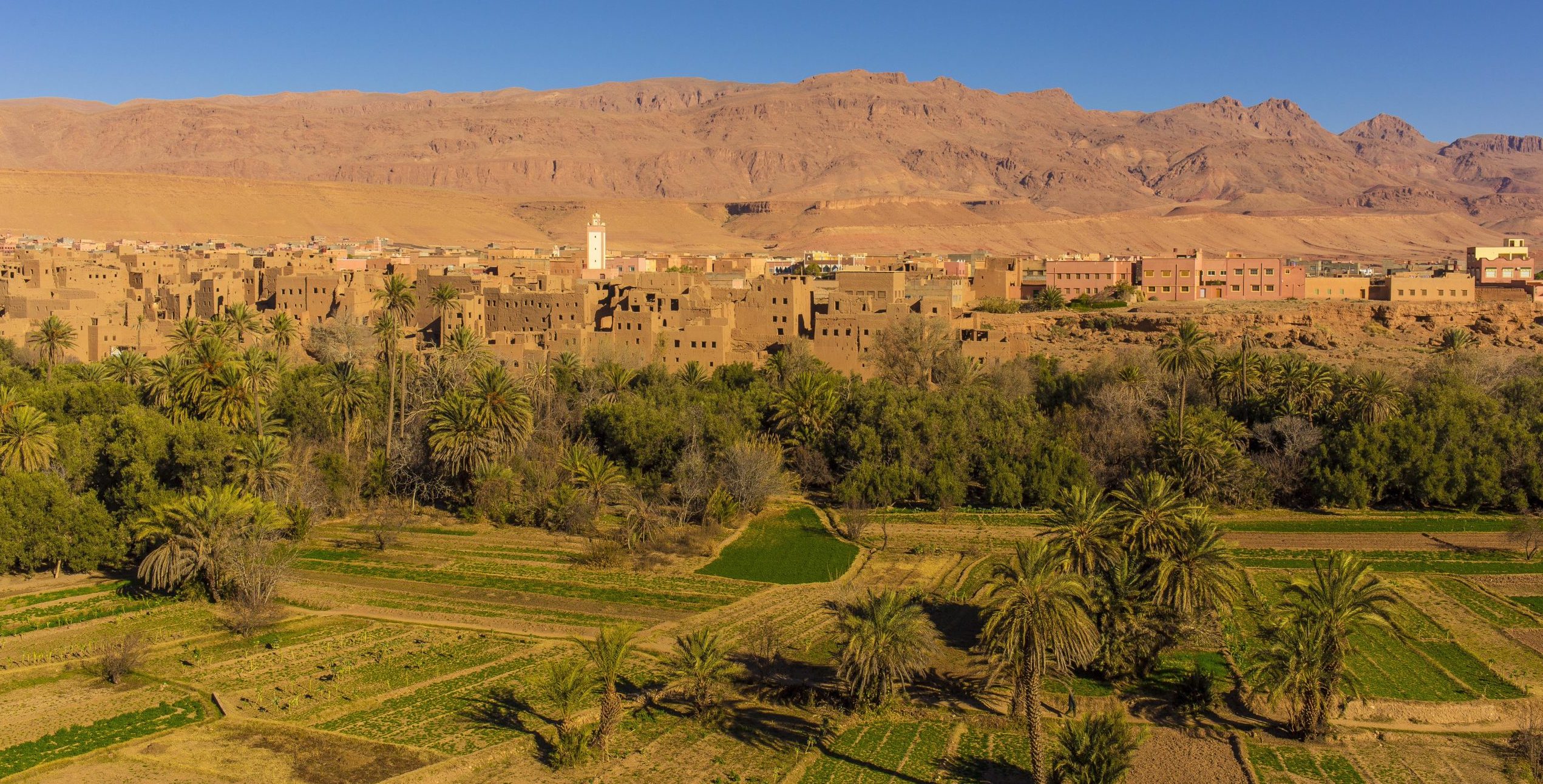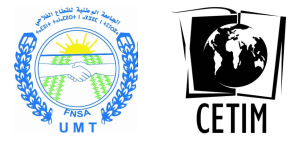
PRESS RELEASE
Geneva, 18th March 2025 – The National Federation of the Agricultural Sector (FNSA, Morocco) and CETIM have filed a complaint with international human rights protection mechanisms to denounce the consequences of Law 97-15. This law, adopted by the Moroccan Parliament on 5th February 2025, imposes heavy restrictions on the right to strike, particularly in the agricultural sector, where peasants and workers are already facing profound precariousness.

The right to strike is a fundamental right recognised in international law standards as an essential means of action in the defence of the rights of the working classes. In Morocco, this right has been constitutionally guaranteed since 1962 and was reaffirmed in the 2011 Constitution (Article 29). However, with the introduction of Law 97-15, this right has been severely restricted, making it difficult, if not impossible, for agricultural workers and peasants to mobilise and demand fairer working conditions. This legislation creates insurmountable administrative barriers and disproportionate criminal sanctions, effectively depriving a large number of people of their right to collective action.
In Morocco, more than 80% of workers in rural areas are employed under informal conditions, without employment contracts or social protections. The agricultural minimum wage (SMAG) is 30% lower than that of the industrial sector (SMIG), which exacerbates the inequality between rural workers and those in other sectors. In this context, striking remains often the only way to denounce living and working conditions that are frequently untenable. However, Law 97-15 prevents any spontaneous strike and imposes complex procedures that exclude the majority of the rural working population from any mobilisation.
The aforementioned law contradicts the principles and provisions of the United Nations Declaration on the Rights of Peasants and Other People Working in Rural Areas (UNDROP), the International Covenant on Economic, Social and Cultural Rights (ICESCR), as well as the International Labour Organization (ILO) Conventions, all of which Morocco has signed. Article 8 of UNDROP guarantees rural workers the right to freedom of assembly and expression, as well as the right to take collective action to defend their rights. However, Law 97-15, by imposing such restrictions, prevents them from mobilising and protecting their rights.
The impact of this law is particularly felt among rural women, who already face structural discrimination in the agricultural sector. Indeed, Law 97-15 deprives them of an essential means to improve their working conditions and defend their rights, thus limiting their access to resources, land ownership, or social protection. This precariousness exacerbates their economic vulnerability and reinforces the inequalities they are already subjected to.
In this context, we have filed a complaint and requested the intervention of UN mechanisms to ensure the protection of the rights of agricultural workers and peasants in Morocco. The complaint also urges the Moroccan government to revise this legislation to bring it into line with its international human rights commitments, particularly UNDROP, the ICESCR, and ILO conventions. This entails the establishment of specific protection mechanisms for rural workers in the informal sector, enabling them to exercise their right to strike without fear of reprisals.
Contacts :
Mr. Badr Arich, Secretary General of FNSA, badr.ourich@gmail.com
Mr. Raffaele Morgantini, Representative of CETIM at the UN, raffaele@cetim.ch